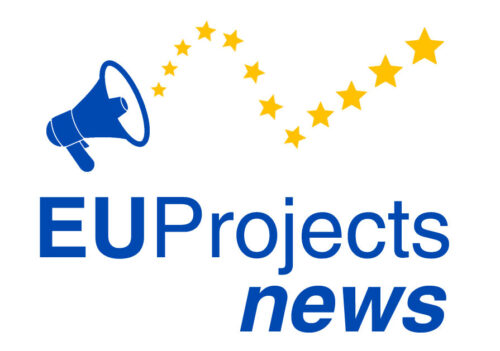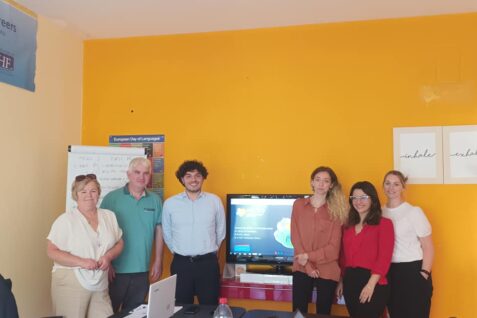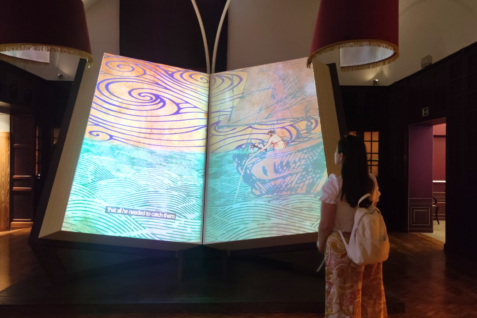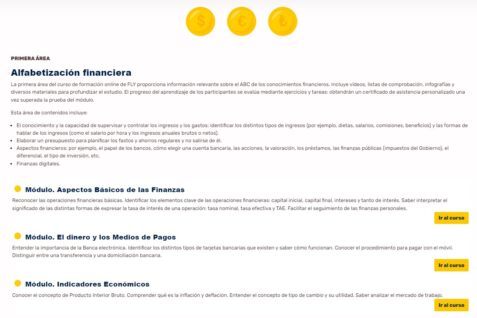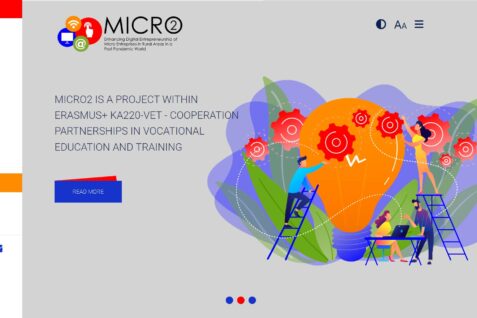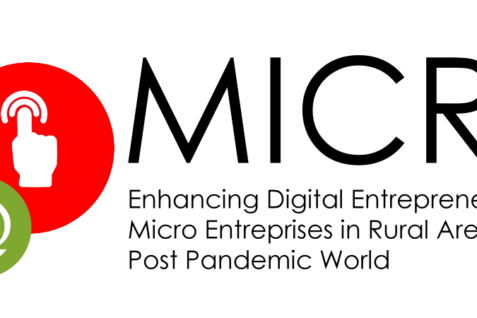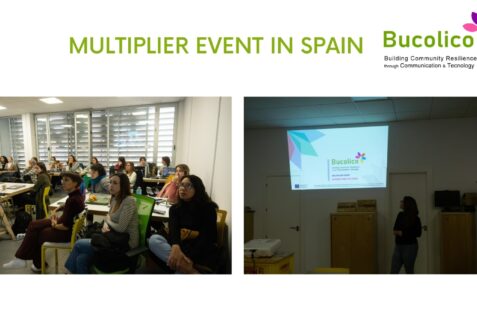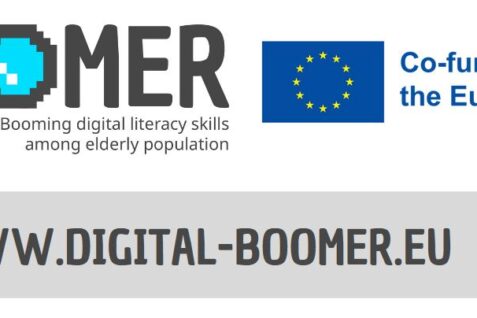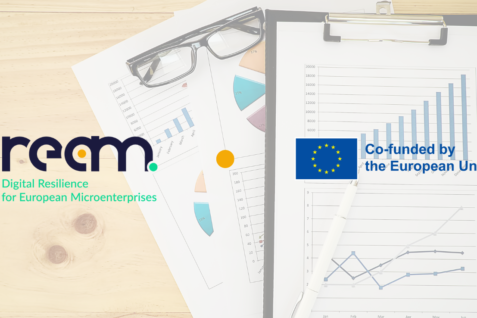
Unlocking Digital Potential: the DREAM Project Successfully Concludes Mapping and Stocktaking of Digital Challenges and Opportunities for MSMEs
The DREAM project is thrilled to announce the successful conclusion of Work Package 2 (WP2) – “Mapping and stocktaking of digital entrepreneurship challenges for MSMEs”. This collaborative effort, involving partners from …
The DREAM project is thrilled to announce the successful conclusion of Work Package 2 (WP2) – “Mapping and stocktaking of digital entrepreneurship challenges for MSMEs”. This collaborative effort, involving partners from Belgium, France, Greece, Italy, Slovenia and Spain, has conducted an extensive analysis of the digitalisation needs of Micro, Small, and Medium-sized Enterprises (MSMEs) in the post-pandemic landscape.
Co-funded by the Erasmus+ Programme of the EU Commission, the DREAM project takes a pioneering approach to address the challenges brought by COVID-19 and digitalization, specifically focusing on the realms of Vocational Education & Training (VET) and MSMEs, with an emphasis on microenterprises.
DREAM aims to bolster digital readiness, resilience, and capacity, empowering VET providers to deliver high-quality training. This project endeavours to enhance the flexibility of opportunities in MSMEs and VET by developing digital content that can be delivered through custom-made Open Educational Resources (OER).
The first phase of DREAM’s implementation witnessed the consortium laying the groundwork for the entire project through WP2, a mapping and stocktaking of digital entrepreneurship challenges for MSMEs. In essence, the partners conducted a thorough analysis and identification of national trends and dynamics to transition from the research phase to the production of educational content.
Comprising seven organisations from six different European countries, the project consortium diligently conducted WP2 activities to analyse trends, identify digital skill gaps, and uncover opportunities within the MSME ecosystem. This in-depth research serves as the bedrock for developing innovative training courses tailored to address the identified training needs.
With a shared methodology and meticulous analysis, the project partners have produced five country-level reports, accompanied by an overarching EU report. These reports provide a comprehensive snapshot of the current state of digital entrepreneurship and digital resilience among MSMEs within their respective contexts. By revealing quali-quantitative data, challenges, opportunities, and strategies for promoting digital competences, these insights empower owners, managers, policymakers, educators, and stakeholders to navigate the digital landscape effectively.
Within DREAM’s WP2, several final deliverables have been developed, including:
- A Composite Report, which combines all country snapshots and the pan-EU report, providing a brief introduction to the context
- An Executive Summary, available in multiple languages (English, French, Greek, Italian, Slovenian, and Spanish), summarising key findings from all reports and the entire analysis. This document is available both as a separate deliverable (in multiple languages) and in the composite report (in EN) as a supplement representing the key findings
- A Bibliographical Knowledge Bank, serving as a comprehensive compilation of sources used for research and analysis, amalgamating literature reviews from each report, providing a consolidated resource
- 7 Case Studies and Good Practices, with each report featuring one, offering practical illustrations of MSMEs’ digitalization initiatives
For any further information on the DREAM project, please visit: https://www.digital-dream-lab.eu/
